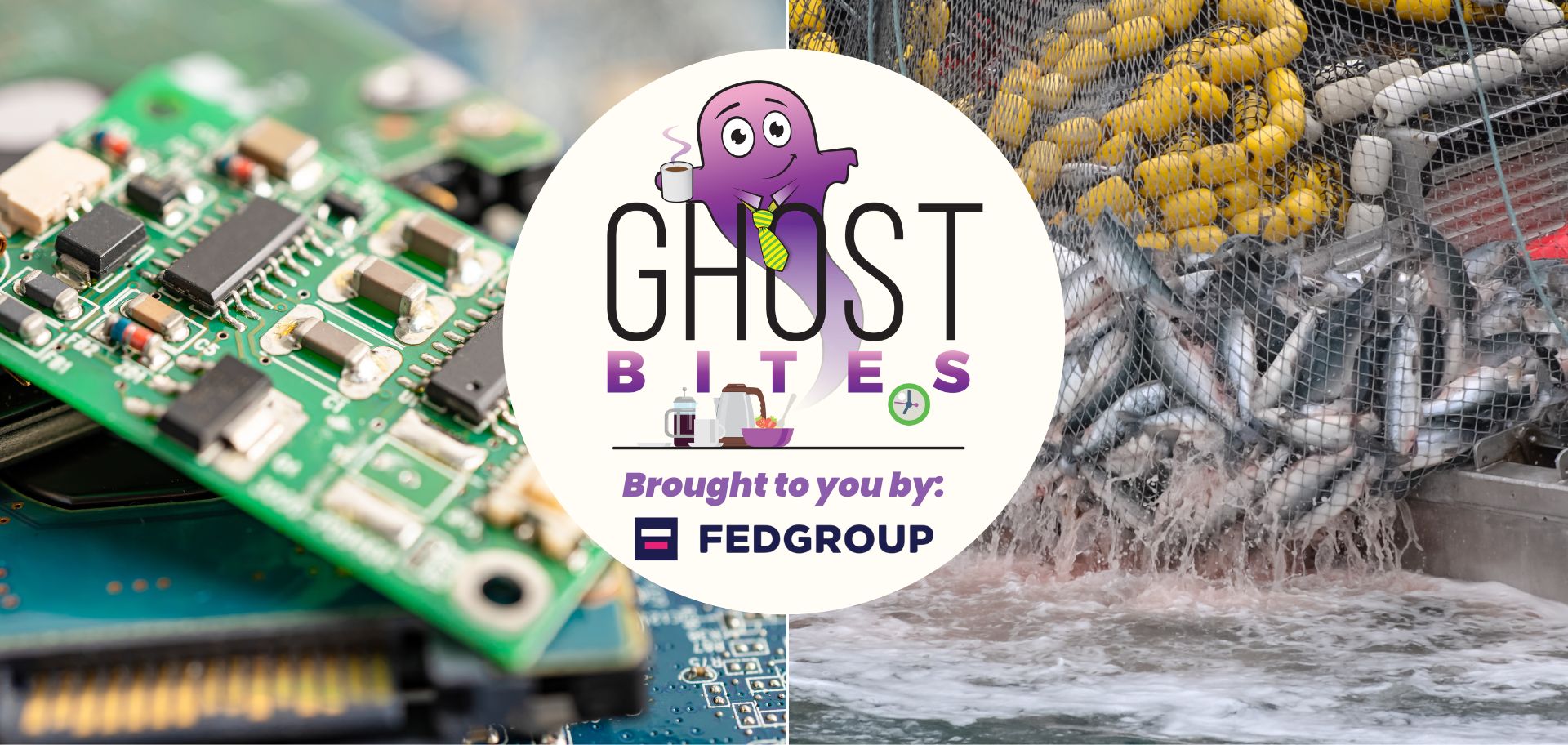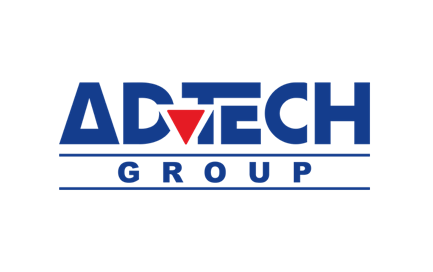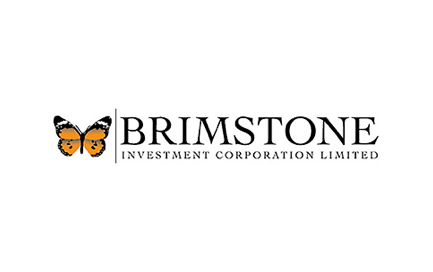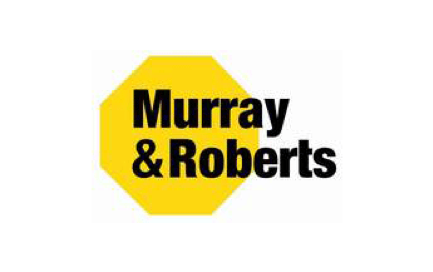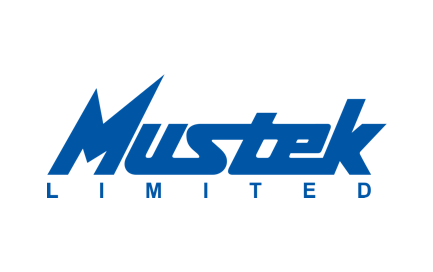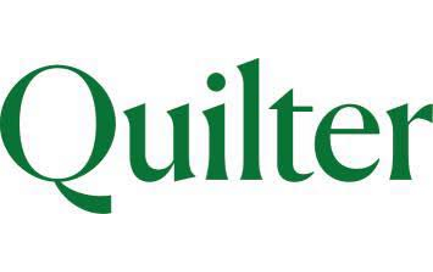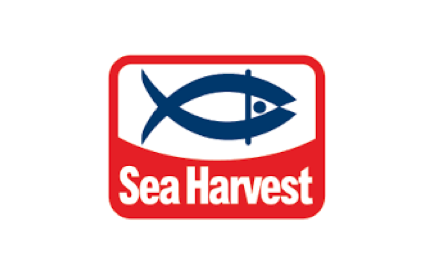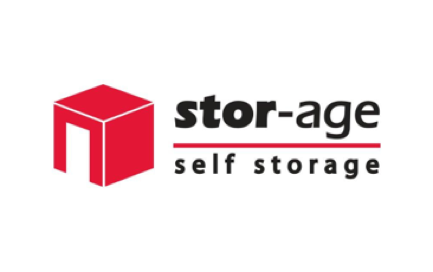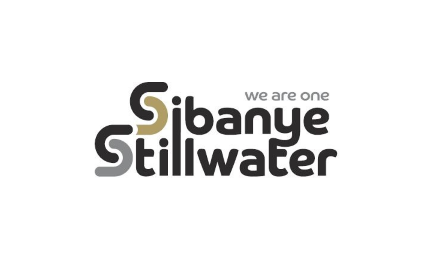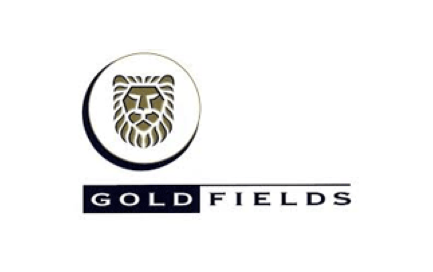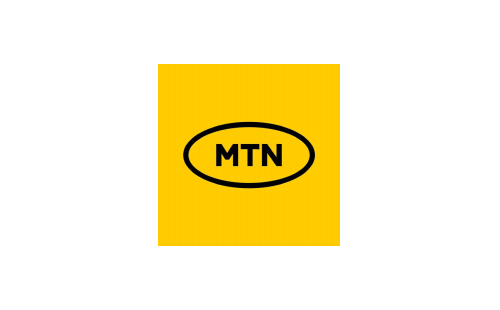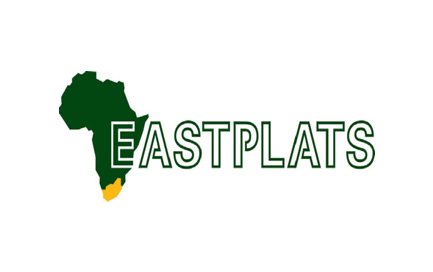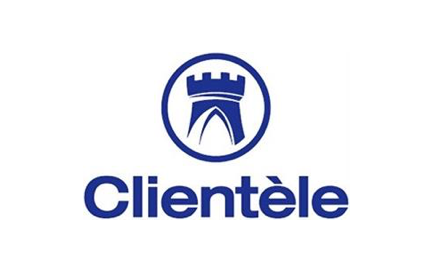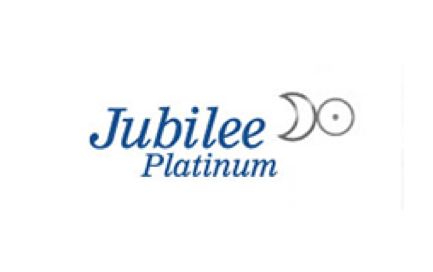Get the latest recap of JSE news in the Ghost Wrap podcast, brought to you by Mazars:
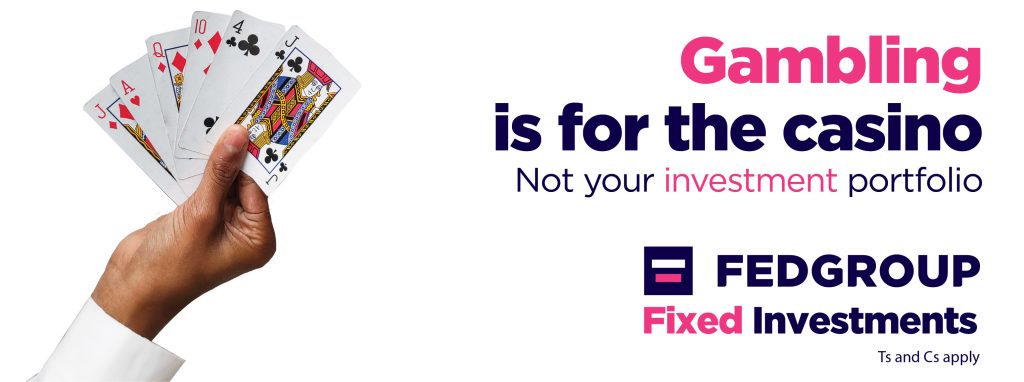
Growth continues at ADvTECH (JSE: ADH)
Enrolments at the schools are in line with targets for 2024
ADvTECH has released a trading statement for the year ended December 2023, reflecting growth in HEPS of between 16% and 21%. That’s really good. They also report normalised earnings per share to strip out corporate action costs and once-off transactions, with that metric up by between 17% and 22%.
Whichever way you cut it, the numbers seem to be appealing. ADvTECH notes that all divisions contributed to the performance and that enrolments at the schools are in line with targets for 2024, so that bodes well for the new financial year as well.
Brimstone: debt reduction and share buybacks (JSE: BRT)
But why such a high dividend?
Brimstone is an investment holding company that holds a wide variety of interests. Some are controlling stakes and others are minority holdings, so you end up with a rather odd scenario of an investment holding company preparing consolidated accounts with all the different line items. I don’t think that is helpful for decision makers, so I ignore the income statement.
The balance sheet and supporting notes is where I think you’ll find what you need here. The intrinsic net asset value (or INAV) is management’s view of what the assets are worth. They show it in great detail and arrive at R12.13 per share, down from R13.25 per share a year ago. The share price closed 17% lower at R4.56, so the discount to INAV is vast.
How does this discount get closed? Much of it is structural, of course. Still, a strategy of disposing of assets at a price close to or at the INAV and then buying back Brimstone shares at a deep discount does wonders in companies like these. It just requires the directors to consciously decide to make the group smaller, which is where this often becomes a problem.
Brimstone is selling off certain investments and has reduced debt by R307.5 million since the end of December. During the year ended December 2023, the company repurchased shares worth R21.6 million, with more repurchases of R7.2 million subsequent to year-end. That all sounds like good stuff.
Unfortunately for shareholders, the company also insists on paying out a high proportion of HEPS as a cash dividend, despite the discount to INAV. This immediately makes me feel that the group is more of a cash cow for the controlling shareholders rather than a serious attempt at reducing the gap to INAV for minority shareholders. With HEPS of 71.6 cents and a dividend of 40 cents per share despite the vast discount to INAV, this is why I don’t hold shares in Brimstone.
Losses have narrowed at Murray & Roberts (JSE: MUR)
The debt also looks far better, but there’s a long way to go here
Murray & Roberts has lived through troubled times recently. Although revenue and EBITDA have both moved higher, the real highlight is the massive swing from an attributable loss of R2.5 billion to just R95 million. A loss should never be celebrated, but the context is important here.
The diluted headline loss per share from continuing operations came in from 16 cents rather than 27 cents in the comparable period, so losses have also narrowed on a headline basis with impairments and other issues stripped out.
The most important line is net debt, which has improved dramatically from R1.97 billion to R247 million.
Based on these numbers, it shouldn’t surprise you that no dividend will be declared for the full year ending June 2024. At least you’ve been warned. Instead, the company will be focusing on a sustainable capital structure and bedding down the new operational structure that sees the managing directors of the four operating companies all appointed to the group board.
Group CEO Henry Laas has agreed to stick around until August 2025.
Mustek will want to forget about 2023 (JSE: MST)
Cheap stocks can stay cheap – and still rise and fall with earnings
When you’re buying a stock on a low earnings multiple, you need to still be careful of a value trap. There needs to be some kind of catalyst for the multiple to move higher sustainably, otherwise all that happens is the multiple stays consistently low and the share price flaps around based on the financial results anyway.
At Mustek, the low trailing multiple turned out to be a sensible approach from the market. Investors were wary of whether the good times could continue. Spoiler alert: they couldn’t.
For the six months to December 2023, revenue fell 13%, gross profit margin contracted by 70 basis points to 13.4% and operating profit was down 25.3%.
By the time you get to HEPS, it’s down 58.81% from 221.74 cents to 91.34 cents. Although this is only an interim number, the share price of R10.34 suddenly doesn’t look like such a bargain.
And in case you’re wondering, the joy of capitalist competition is playing out in green energy products. This has been a major source of the reduction in gross profit. When you are thinking about a business, you always have to consider the threat of competition in a lucrative space and what this would do for prices.
Quilter celebrates record profitability (JSE: QLT)
Go with the flows
Quilter is a UK-based asset and wealth management business that understands the importance of a distribution strategy to attract inflows. In simple terms: they are quite good at selling investment products. This is absolutely critical to manage periods of tough returns in the market. When times are good, this is a flywheel effect that leads to great profits.
How do you measure this? Core business net inflows. Although they will definitely be volatile each year (as we saw at Quilter in 2023 where they were far lower than the prior year), the point is that inflows are good and outflows are bad. Provided assets are still growing, the asset manager is doing the right thing.
With Assets under Management and Administration up 7%, of which 1% is attributable to net inflows, revenue increased by 3%. Thanks to costs decreasing by 3% as the group focused on profitability, adjusted profit before tax was up 25%.
It’s interesting to see how financial distortions come through. HEPS has actually fallen severely from 12.6 pence to 3.2 pence, yet adjusted diluted earnings per share increased from 7.9 pence to 9.4 pence. The difference seems to be due to policyholder tax outcomes.
Cash, as always, is king. The dividend per share moved higher from 4.5 pence to 5.2 pence. The share price is roughly 25% higher over the past 12 months.
Finance costs eat up the profits at Sea Harvest (JSE: SHG)
Yet another example of banks getting the benefit of corporate growth
At Sea Harvest, we can see an income statement profile that has played out in many corporates in the past year.
Revenue increased by 6% and gross profit was up 13%, which is great as this means that gross profit margin moved higher. The theme here is improved pricing that more than offset lower sales volumes. The weak rand also plays a role here.
None of it helped at operating profit level sadly, which fell 2%. Load shedding related costs jumped from R25 million to R46 million for the year.
We then arrive at the net finance costs line, which jumped by a whopping 79%. This is a combination of interest rates being much higher than the previous year, along with higher average borrowing levels.
Thanks to the bankers getting such a great outcome, HEPS was down 5%. Despite this, the final dividend moved higher from 38 cents to 40 cents per share.
Looking ahead, the South African business will look to take advantage of the 5% increase in the Total Allowable Catch. The rest of the business will focus on managing the usual supply-demand fluctuations in the broader seafood market. And of course, there will be a lot of attention on the deal to acquire 100% of Terrasan’s pelagic fish business and 63.07% of Terrasan’s abalone business.
Little Bites:
- Director dealings:
- In a very unusual transaction, directors of Stor-Age (JSE: SSS) have been able to sell shares that were acquired via a scheme that included an interest-bearing loan from the company. This is a typical structure in the property sector, with dividends on the shares applied against the interest. What makes this unusual is that an institutional shareholder has made an offer to the directors to buy their shares under the scheme, thereby allowing them to settle the debt and pocket the difference. The price for the trade is R14, which is only slightly below the current market price. Three directors sold a collective R104 million worth of shares in this trade.
- As part of a funding transaction with a financial institution, CEO of Sibanye-Stillwater (JSE: SSW) Neal Froneman exercised a put option to sell R96.4 million worth of shares in the company at R66.24 per share. For context, the current share price is R19.50!
- A director of Gold Fields (JSE: GFI) sold shares worth R11.75 million. These are vested performance shares all the shares were sold, not just the portion to settle taxes.
- Lighthouse (JSE: LTE) has sold shares in Hammerson worth just over R1 billion. This unlocks a lot of capital for Lighthouse to pursue yield-accretive direct property acquisitions.
- MTN Uganda (JSE: MTN) released results for the year ended December 2023. Service revenue increased by 16.1% and EBITDA was up 16.3%, so at least margins are consistent. Capital expenditure moved 5.5% higher and the final dividend was 16.4% higher. This is a better trend than we’ve seen in MTN’s other African subsidiaries.
- Eastern Platinum (JSE: EPS) announced that the initial soft start of the Zandfontein underground operations at the Crocodile River Mine is now fully operational. They will now focus on ramping up underground efforts and bringing material to the surface, with the first batch of run-of-mine processing scheduled for the second quarter of this year. The goal is to achieve a mining run rate of 40,000 tons per month by the end of 2024.
- Clientele (JSE: CLI) has appointed Angela Pillay as Executive Financial Director. She has extensive experience in financial services.
- It says something about the maturity and strategic direction of Jubilee Metals (JSE: JBL) that the company has appointed formal boards for both the South African and Zambian businesses. Separately, the company announced that an option holder will exercise 9 million options at an average price of 2.11 pence per option, so be careful of ongoing dilution here.
- The end is nigh at Ellies (JSE: ELI), with the latest news being the resignation of the CFO and an independent non-executive director.
- Afristrat (JSE: ATI) will proceed with a liquidation application as the company is commercially insolvent.
- Luxe Holdings eventually put us all out of its misery by delisting in November 2023. This hasn’t stopped the JSE from issuing a public censure and fine of R7.5 million against Helena Dorothea Grewar, who was CEO at the time. She sold shares worth R12 million in the closed period, which absolutely isn’t allowed. To make it worse, the JSE says she didn’t even engage with regulatory correspondence, which isn’t a smart strategy. On top of the fine, she has been disqualified from holding office as a director of any JSE listed company for a period of 5 years.

